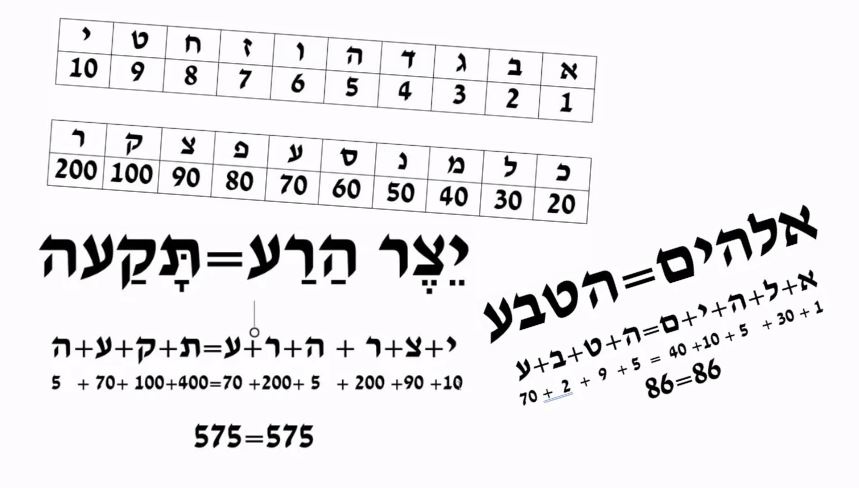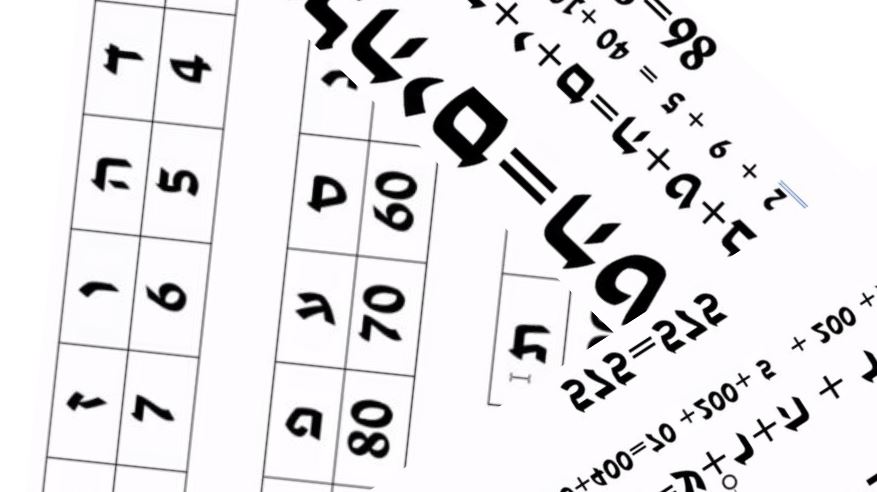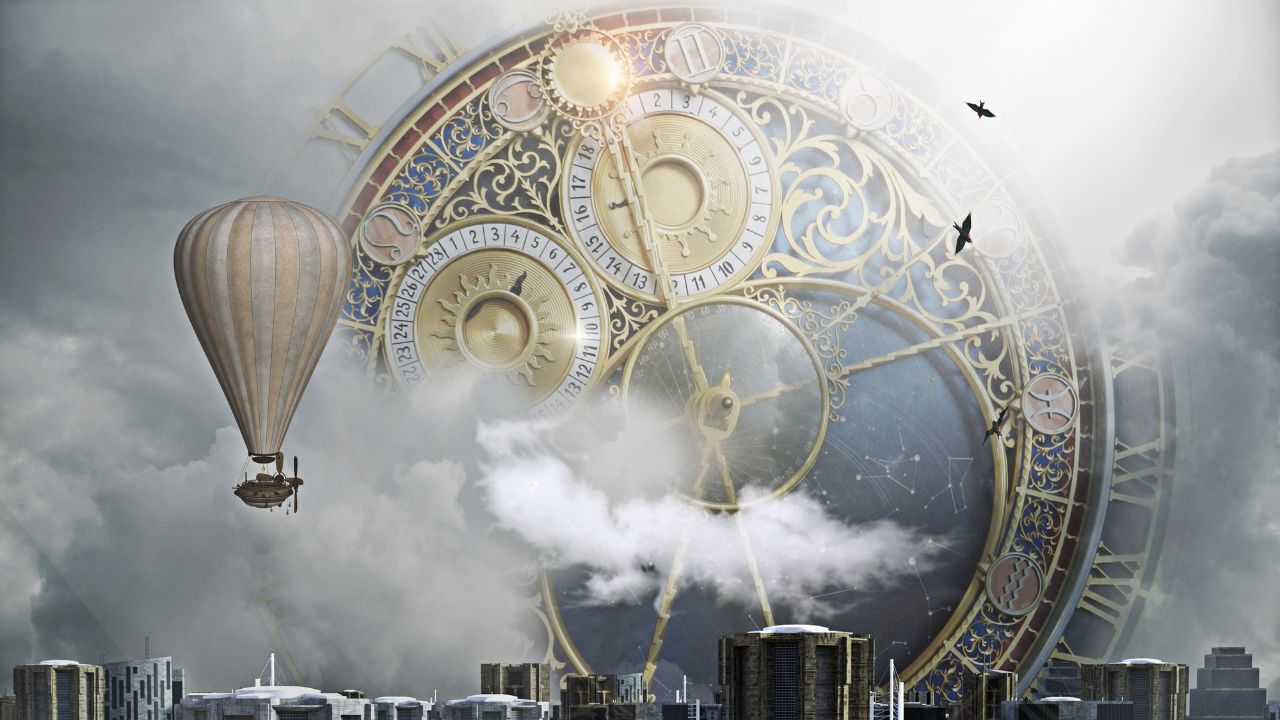Hebrew Language: Discover the World’s Oldest Language
Introduction
Hebrew, one of the world’s oldest languages, boasts a rich and enduring legacy that spans thousands of years. Its origins can be traced back to ancient times, with a fascinating history intertwined with religion, culture, and identity. From its ancient roots to its modern-day revival, Hebrew has played a pivotal role in shaping the cultural landscape of the world. In this article, we delve into the history, significance, and contemporary relevance of the Hebrew language.
Ancient Origins
The history of Hebrew can be traced back to the ancient Semitic peoples of the Near East. It is closely related to other Semitic languages such as Aramaic, Phoenician, and Akkadian. The earliest known examples of written Hebrew date back to around the 10th century BCE, during the time of the ancient Israelites. Hebrew script evolved from ancient pictographic symbols into a complex system of letters known as the Hebrew alphabet.
Sacred Language
One of the most significant aspects of Hebrew is its role as the language of the Hebrew Bible, also known as the Tanakh or Old Testament. The Hebrew Bible is considered one of the most important religious texts in Judaism, Christianity, and Islam, and has had a profound influence on Western civilization. Hebrew’s status as a sacred language has helped preserve it throughout the ages, ensuring its continued study and use by scholars and religious communities around the world.
Cultural and Literary Heritage
Hebrew literature has a rich and diverse tradition that spans thousands of years. From the poetic beauty of the Psalms to the wisdom of the Proverbs, Hebrew literature encompasses a wide range of genres and styles. Ancient Hebrew poetry is characterized by its use of parallelism, rhythm, and imagery, while later works include epic narratives, philosophical treatises, and legal texts.
Revival and Modern Usage
Despite its ancient origins, Hebrew experienced a remarkable revival in the 19th and 20th centuries. The Zionist movement, which sought to establish a Jewish homeland in Palestine, played a key role in the revitalization of the Hebrew language. In 1881, Eliezer Ben-Yehuda, a Jewish linguist and lexicographer, began a campaign to modernize Hebrew and make it suitable for everyday use. His efforts led to the creation of modern Hebrew, which became the official language of the state of Israel upon its establishment in 1948.
Today, Hebrew is spoken by millions of people around the world, both as a first and second language. It is the language of instruction in Israeli schools, universities, and government institutions, and is used in everyday communication among Israelis of all backgrounds. Hebrew has also gained prominence as a language of scholarship and research, particularly in fields such as biblical studies, linguistics, and Jewish studies.
Conclusion
Hebrew is more than just a language; it is a testament to the resilience, creativity, and endurance of the Jewish people. From its ancient origins to its modern-day revival, Hebrew has played a central role in shaping the cultural, religious, and intellectual heritage of humanity. As we continue to explore and celebrate the rich tapestry of human language, Hebrew stands as a shining example of the power of language to unite, inspire, and endure across generations.

Frequently Asked Questions About The Hebrew Language
- What is Hebrew?
Hebrew is a Semitic language that originated in ancient times and is primarily associated with the Jewish people. It has a rich literary tradition and is considered a sacred language in Judaism.
- How old is Hebrew?
The origins of Hebrew can be traced back thousands of years, with the earliest known examples of written Hebrew dating to around the 10th century BCE. However, the language has evolved, with modern Hebrew being significantly different from its ancient counterpart.
- Is Hebrew still spoken today?
Yes, Hebrew is still spoken today as a modern language. It is the official language of the State of Israel and is spoken by millions of people worldwide, both as a first and second language.
- How did Hebrew experience a revival?
Hebrew experienced a revival in the late 19th and early 20th centuries, largely due to the efforts of Eliezer Ben-Yehuda and the Zionist movement. Ben-Yehuda spearheaded a campaign to modernize Hebrew and make it suitable for everyday use, leading to its adoption as the official language of Israel upon its establishment in 1948.
- What are the main differences between ancient and modern Hebrew?
Ancient Hebrew, as found in the Hebrew Bible, differs significantly from modern Hebrew in terms of vocabulary, grammar, and pronunciation. Modern Hebrew has been influenced by other languages and reflects contemporary linguistic trends, while ancient Hebrew is more archaic and poetic.
- Is Hebrew difficult to learn?
Like any language, learning Hebrew requires time and effort, but it is certainly achievable with dedication and practice. The degree of difficulty may vary depending on a person’s native language and previous language-learning experience.
- What resources are available for learning Hebrew?
There are numerous resources available for learning Hebrew, including textbooks, online courses, language apps, and immersion programs. Additionally, many universities and language schools offer Hebrew courses for beginners and advanced learners alike.
- Is Hebrew used only for religious purposes?
While Hebrew is indeed used in religious contexts, particularly within Judaism, it is also used for secular purposes in modern-day Israel. It is the language of instruction in schools, the media, and government institutions, and is used in everyday communication among Israelis of all backgrounds.

- Are there different dialects of Hebrew?
Modern Hebrew is generally standardized and does not have significant dialectal variations. However, there may be some regional differences in pronunciation and vocabulary, particularly among different communities in Israel and the Jewish diaspora.
- What role does Hebrew play in Jewish culture?
Hebrew plays a central role in Jewish culture as the language of religious texts, rituals, and traditions. It is also deeply intertwined with Jewish identity and serves as a symbol of the Jewish people’s historical and cultural heritage.
Related articles:

